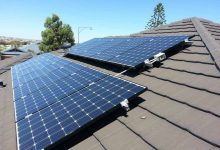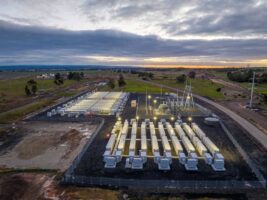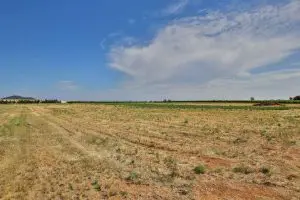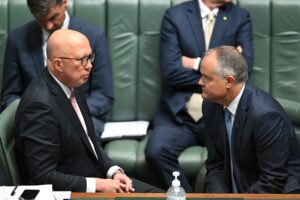Last night ABC TV’s 7.30 program featured Energy Networks Australia CEO Andrew Dillon warning about the risk of widespread blackouts unless networks spend a lot of money upgrading their equipment to cope with high amount of rooftop solar exports to the grid.
However, the reality is that networks already have a variety of ways to respond to high flows of solar energy into the grid.
The most extreme is to limit the number of solar panels that can be installed. There are much better ways of managing the issue though. They include increasing voltage limits and restricting exports instead of installations.
Probably the best approach so far is that being pioneered by SA Power Networks, which involves the dynamic control of solar inverters. On days of very high demand, they can switch off inverters to prevent reverse flows for short periods of time. Solar owners can still be paid for their exported energy the rest of the time.
The South Australian and Queensland networks are also trialling new tariffs that encourage households with electric hot water systems to heat them on offpeak tariffs during the middle of the day, when there is excess solar energy in the local network, instead of overnight. This reduces stress on the grid.
In some cases upgrades to substations may still be required. While the costs are relatively minor so far, networks can help to ensure that solar owners are paying their fair share of these costs by reforming their tariffs to recover more revenue during peak periods when solar owners are often using as much energy as everyone else.
It is also important to note that solar energy helps cut bills for everyone because it reduces the wholesale price of electricity. There is now considerable research to show that this economic benefit greatly outweighs any cost of infrastructure upgrades.
Through its distributed energy integration program (DEIP), the Australian Renewable Energy Agency (ARENA) is also putting a lot of effort into research and trials that will help to manage even higher solar flows into the grid without causing voltage fluctuations or blackouts.
At a time when we urgently need to encourage more solar energy and batteries to reduce our fossil fuel addiction to help combat accelerating climate change, it is important that we work together on solutions rather than demonising households and businesses which are installing solar power to keep their bills down.
The biggest challenge right now is not technical or economic. It is how to get the benefits of solar to more people — renters, apartment dwellers and low income households.
Mark Byrne is Energy Market Advocate at the Total Environment Centre.










